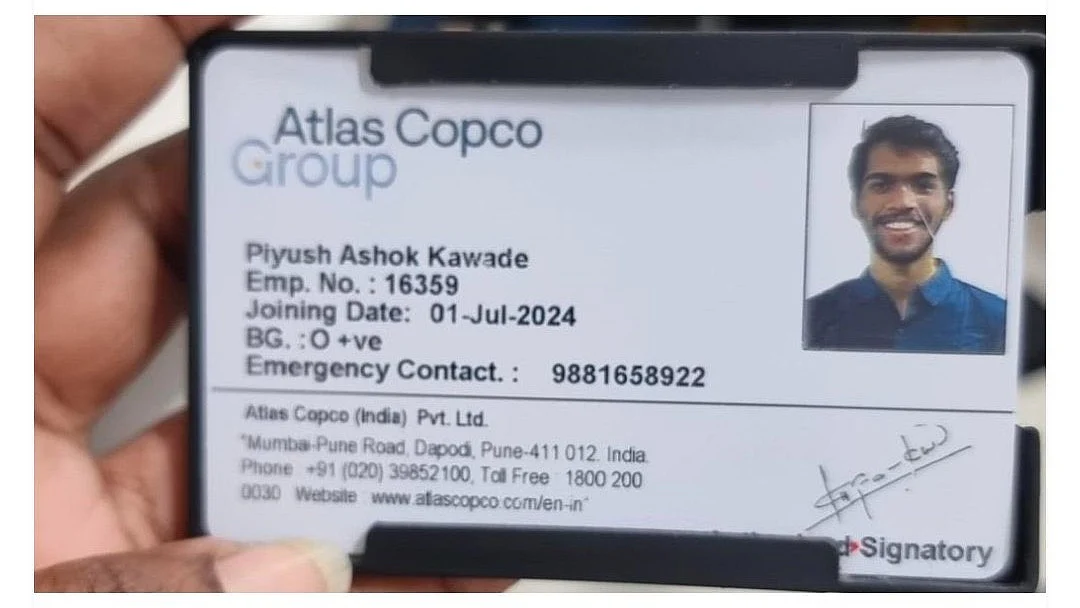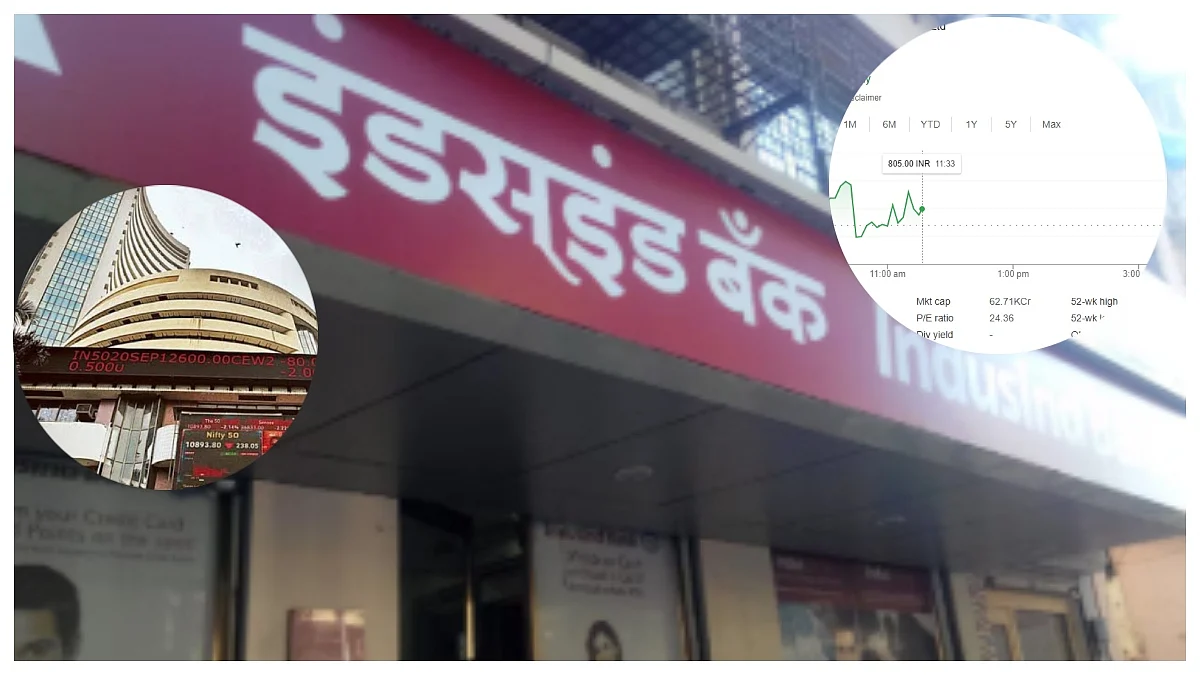The Income Tax Department this time has tightened its annual tax filing process after an investigation exposed over 90,000 salaried individuals falsely claiming deductions costing the tax exchequer more than ₹1,070 crore.
The new tax rules would impose 200% penalties with 24% annual interest and criminal prosecution on fake tax deductions claimed under home and education loans, insurance, mediclaim and other investments.
The updated Income Tax Return (ITR) process will make fraudulent tax deductions significantly harder to execute with demand of documentary proof for deductions across key sections of the Income Tax Act ending an era of vague lump-sum declarations.
“The tweaks are aimed to weed out fake claims, enforce accountability, and boost compliance through automated verification. The tax filing reforms would leverage the Annual Information Statement (AIS), enabling the tax department to cross-check claims against actual financial records,” claimed a senior tax official.
According to the new ITR filing process, claims under Section 80C, which covers investments like LIC, PPF, and ELSS, must now include policy numbers or document IDs while health insurance under Section 80D, taxpayers must provide the insurer’s name and policy number.
The tax crackdown extends to deductions on education and home loan benefits would now require detailed disclosures, including lender names, loan account numbers, and sanction dates. While tax deductions on electric vehicle deductions would now require vehicle registration numbers to be disclosed.










